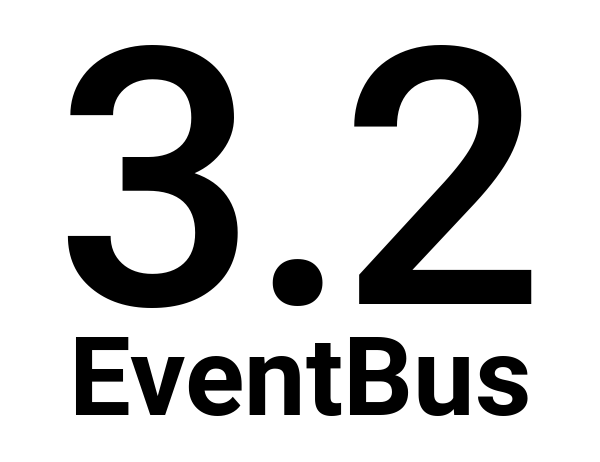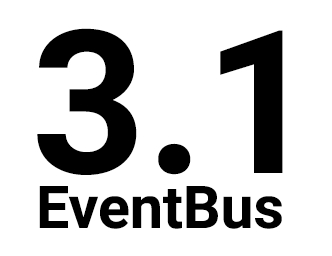
EventBus 3.2.0 is now available on Maven Central. In 2020, seven years since version 1.0, EventBus is still one of the most used Android libraries. This update addresses advancements in the Gradle build system and supporting Android libraries.
EventBus 3.2 adds incremental processing to the EventBus annotation processor. This can greatly reduce build times – if all involved annotation processors play along (e.g. ObjectBox is getting there too).
The EventBus annotation processor is used when building EventBus with a subscriber index. This is now recommended for all Android apps. It improves run time performance and avoids crashes by looking up subscriber methods via reflection.
EventBus 3.2 also improves support for JetPack/AndroidX. When looking for @Subscribe methods, it now ignores all base classes from the androidx package and its subpackages, e.g. AppCompatActivity (from androidx.appcompat.app) or Fragment (from androidx.fragment.app). Before 3.2, those classes were scanned using reflection, regardless if a subscriber index was available or not.
Those two changes make EventBus faster and more resilient and we hope you consider making this update soon.
The EventBus library is free open source software. If you like it, we appreciate a star on GitHub, a tweet, or any feedback to us. If you use EventBus in a cool app that is a great showcase for its usefulness, we would love to share a case study with our community. Please get in touch.

 With
With